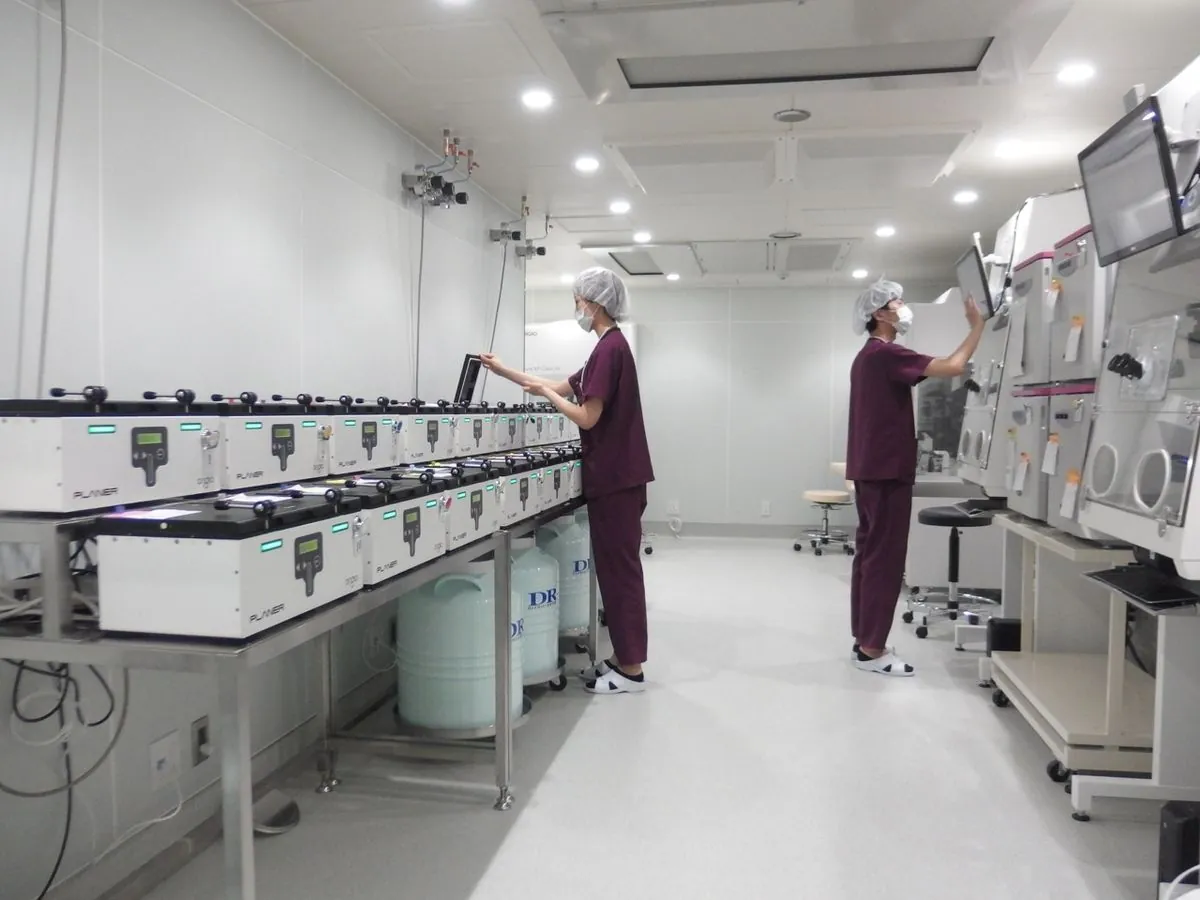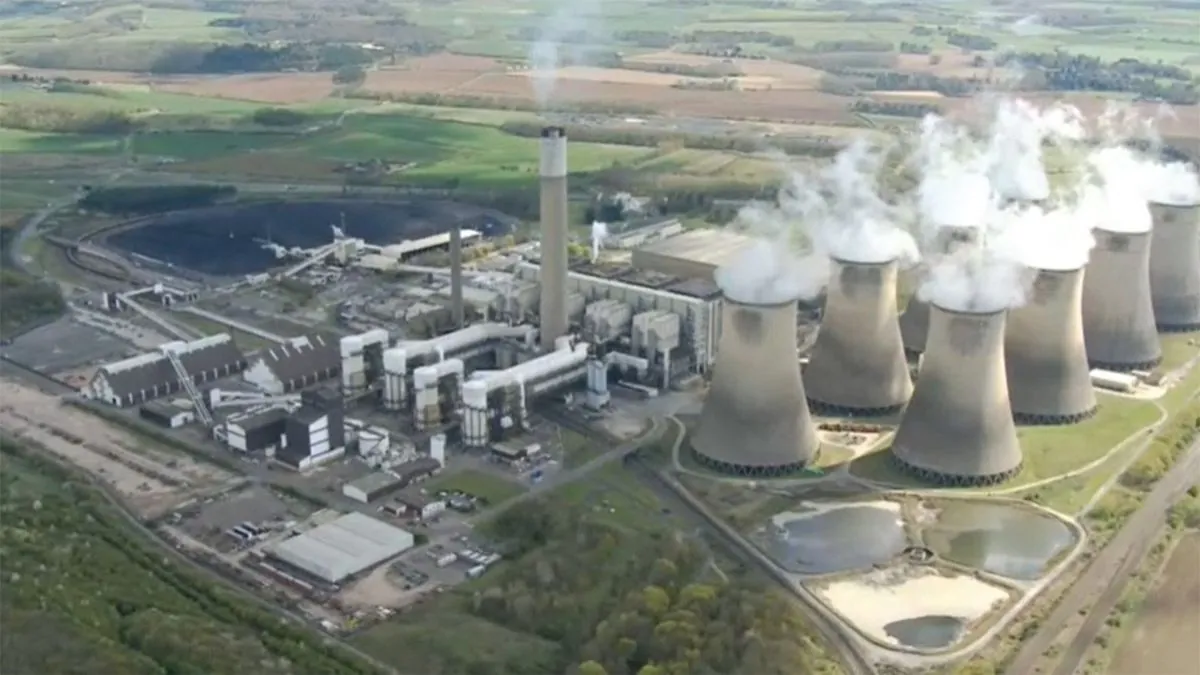UK Boosts Egg and Sperm Donor Compensation Amid Growing Demand
UK increases compensation for egg and sperm donors to address shortages. New rates reflect inflation, maintaining altruistic motivation. Donation trends show rise in imports and overall numbers despite pandemic dip.

The Human Fertilisation and Embryology Authority (HFEA) in the United Kingdom has announced an increase in compensation for egg and sperm donors, effective October 3, 2024. This decision comes as a response to growing demand and aims to address shortages in donations.
Egg donors will now receive £985, up from £750, while sperm donors will see a modest increase from £35 to £45. The HFEA emphasizes that these adjustments reflect recent inflation rather than an attempt to monetize donation in the UK, where paying for gametes remains illegal.
Despite a temporary decline during the pandemic, the number of egg and sperm donors has shown an upward trend in recent years. However, this increase has not kept pace with the rising demand, particularly from single women and lesbian couples seeking fertility treatment.
The process of egg donation is complex and time-consuming, typically spanning two to three months. It involves medical consultations, screening, counseling sessions, and ultimately a surgical procedure to retrieve eggs from the ovaries. This intricate process reflects the significant advancements made since the first successful human egg donation in 1983 and the subsequent development of egg cryopreservation techniques in 1986.

Sperm donation, while less invasive, also requires careful consideration. The HFEA cautions against donating solely for financial gain, emphasizing the long-term implications for donors, recipients, and resulting children. This ethical stance aligns with the UK's pioneering role in reproductive technology regulation, exemplified by the establishment of the HFEA in 1991 following the Human Fertilisation and Embryology Act of 1990.
Interestingly, the UK's approach to donor compensation contrasts with some other countries. For instance, the European Union has banned payments for egg donation altogether, while countries like Denmark have significantly higher sperm donation rates. These variations highlight the complex global landscape of fertility treatment regulations.
Recent statistics reveal that approximately one in 170 children born in the UK each year are conceived through gamete donation. This figure underscores the growing importance of assisted reproductive technologies since the birth of Louise Brown, the world's first "test tube baby," in 1978.
While most egg donors in the UK are domestic, sperm donation shows a different trend. In 2022, 60% of new sperm donors were from imports, with significant increases from Denmark and the United States. This shift may reflect challenges in recruiting UK-based donors and a desire for greater donor diversity, particularly for patients from ethnic minority backgrounds.
The HFEA's decision to review compensation rates every five years or upon a 10% inflation increase demonstrates their commitment to balancing donor support with maintaining the altruistic nature of donation in the UK. This approach aligns with other progressive policies, such as the UK's 2005 ban on anonymous sperm donation and the 2015 approval of three-parent babies.
As fertility treatments continue to evolve, with possibilities like the 55-year storage limit for frozen sperm in the UK, the landscape of egg and sperm donation is likely to see further changes. The HFEA's role in regulating these advancements while ensuring ethical practices remains crucial in navigating this complex field.
"Choosing to become a donor is a complex decision, with implications for the donor and their wider family, the recipient, and any child born as a result. Donors will go through rigorous medical screening and must be comfortable with the fact that any children born from their donation can contact them when they turn 18."
This statement underscores the long-term commitment involved in donation, reflecting the UK's policy allowing donor-conceived individuals to access donor information at age 18. This approach, while ensuring transparency, also highlights the need for donors to carefully consider their decision and its potential future impact.


































